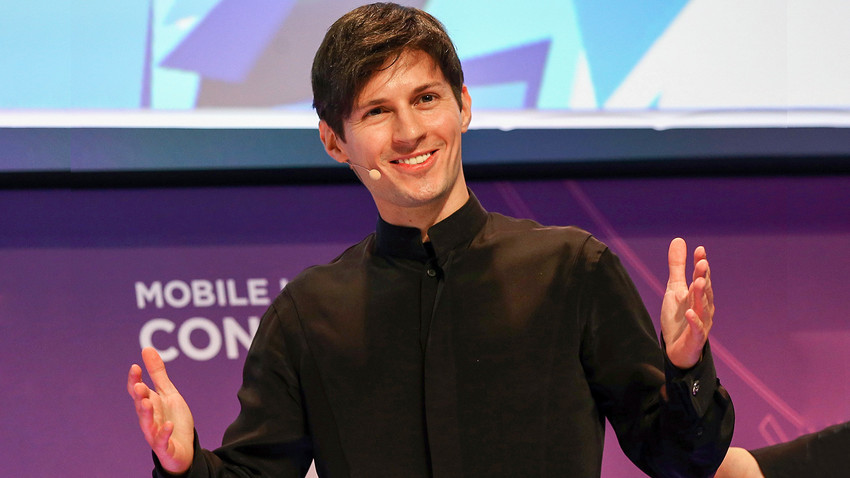Crypto Leaders Rally for Pavel Durov’s Release Amid Arrest Controversy
27.08.2024 10:00 1 min. read Alexander Stefanov
Paolo Ardoino, CEO of Tether and CTO of Bitfinex, has expressed his concerns about the recent detention of Pavel Durov, founder of Telegram and TON.
Durov was arrested at a Paris airport after arriving from the CIS region and could face up to 20 years in prison for allegedly refusing to comply with French law enforcement demands and for not censoring content on Telegram.
French officials claim this has contributed to a rise in illegal activities on the platform. The arrest has sparked a strong reaction from the cryptocurrency and free speech communities.
Elon Musk, owner of X (formerly Twitter), was among the first to speak out, using the hashtag #FreePavel in his tweet. Ardoino echoed Musk’s sentiments, expressing concern that such actions against platforms that resist censorship could undermine global free speech.
Justin Sun, founder of Tron, also voiced support for Durov, suggesting the creation of a decentralized autonomous organization (DAO) to advocate for Durov’s release.
Sun pledged $1 million to this initiative if it garners sufficient backing from the crypto community and urged Musk and entrepreneur Mario Nawfal to join the effort.
-
1
FTX Pushes to Dismiss Billion-Dollar Claim from 3AC
23.06.2025 15:00 1 min. read -
2
BIS Slams Stablecoins, Calls Them Ill-Suited for Modern Monetary Systems
26.06.2025 9:00 1 min. read -
3
ARK Invest Cashes In on Circle Rally as Stock Soars Past $60B Valuation
24.06.2025 19:00 1 min. read -
4
Trump’s ‘Big, Beautiful Bill’ Approved: What It Means for Crypto Markets
04.07.2025 7:00 3 min. read -
5
FTX Pushes Back Against $1.5B Claim From Defunct Hedge Fund 3AC
23.06.2025 11:00 1 min. read
Coinbase Strengthens DeFi Push With Opyn Leadership Acquisition
Coinbase has taken a major step toward expanding its decentralized finance (DeFi) presence by bringing onboard the leadership team behind Opyn Markets, a prominent name in the DeFi derivatives space.
Grayscale Urges SEC to Allow Multi-Crypto ETF to Proceed
Grayscale Investments has called on the U.S. Securities and Exchange Commission (SEC) to allow the launch of its multi-crypto ETF—the Grayscale Digital Large Cap Fund—arguing that further delays violate statutory deadlines and harm investors.
Robinhood Launches Ethereum and Solana Staking for U.S. Users
Robinhood has officially introduced Ethereum (ETH) and Solana (SOL) staking services for its U.S. customers, offering a new way for users to earn rewards on their crypto holdings.
Binance CEO Reveals What’s Fueling the Next Global Crypto Boom
Binance CEO Richard Teng shared an optimistic outlook on the future of cryptocurrencies during an appearance on Mornings with Maria, highlighting growing global acceptance, regulatory progress, and strategic reserve integration.
-
1
FTX Pushes to Dismiss Billion-Dollar Claim from 3AC
23.06.2025 15:00 1 min. read -
2
BIS Slams Stablecoins, Calls Them Ill-Suited for Modern Monetary Systems
26.06.2025 9:00 1 min. read -
3
ARK Invest Cashes In on Circle Rally as Stock Soars Past $60B Valuation
24.06.2025 19:00 1 min. read -
4
Trump’s ‘Big, Beautiful Bill’ Approved: What It Means for Crypto Markets
04.07.2025 7:00 3 min. read -
5
FTX Pushes Back Against $1.5B Claim From Defunct Hedge Fund 3AC
23.06.2025 11:00 1 min. read


